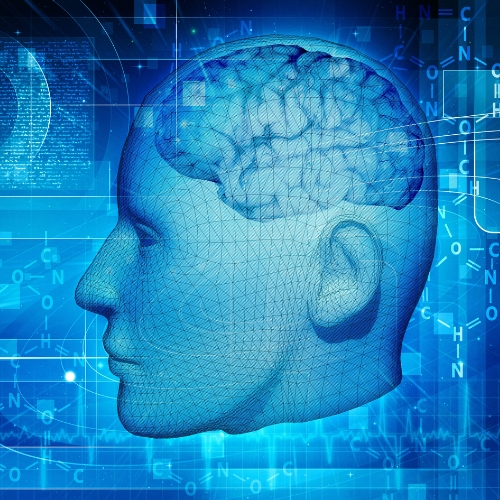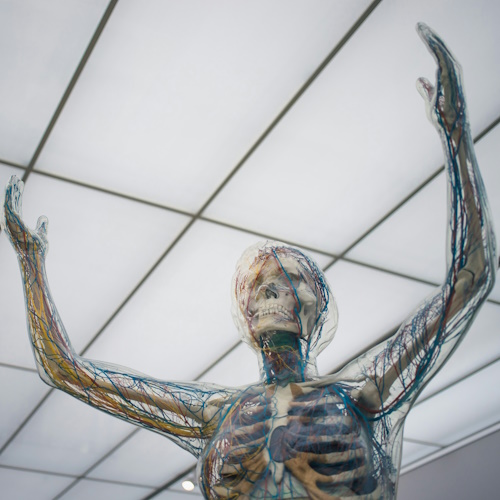Key points from article :
A new study published in the Journal of Neuroscience sheds light on why we sometimes feel mentally drained and decide to give up, while other times we push through. Led by Dr. Vikram Chib of Johns Hopkins University and the Kennedy Krieger Institute, the research identifies two key brain regions—the right insula and the dorsolateral prefrontal cortex—that become more active when we feel cognitive fatigue.
The team studied 28 healthy young adults using functional MRI scans while they performed memory-based tasks that became progressively harder. Participants reported feeling mentally tired as the tests grew more demanding, and brain imaging showed a significant rise in activity in the two regions associated with fatigue and working memory. These areas also appeared to work together in helping the brain decide whether to continue exerting mental effort—especially when financial incentives were involved.
This discovery is particularly relevant for conditions like depression and PTSD, where people often experience debilitating mental exhaustion. The researchers hope the findings will pave the way for better diagnostics and treatments, such as cognitive behavioural therapy or medication, by targeting these brain circuits involved in fatigue. While the study was conducted in controlled lab settings, it offers a promising foundation for understanding how the brain manages mental effort in everyday life.








